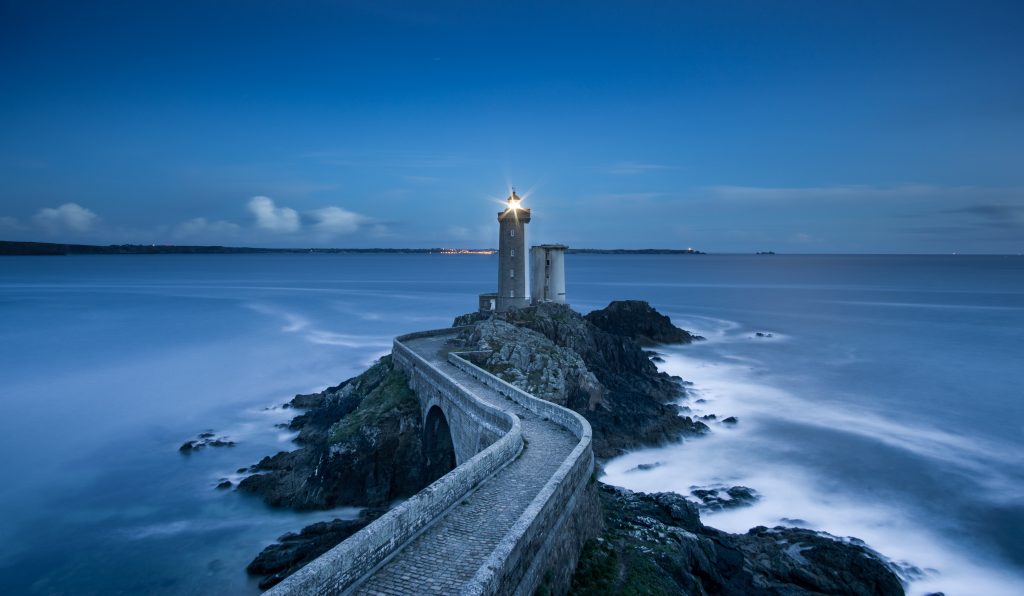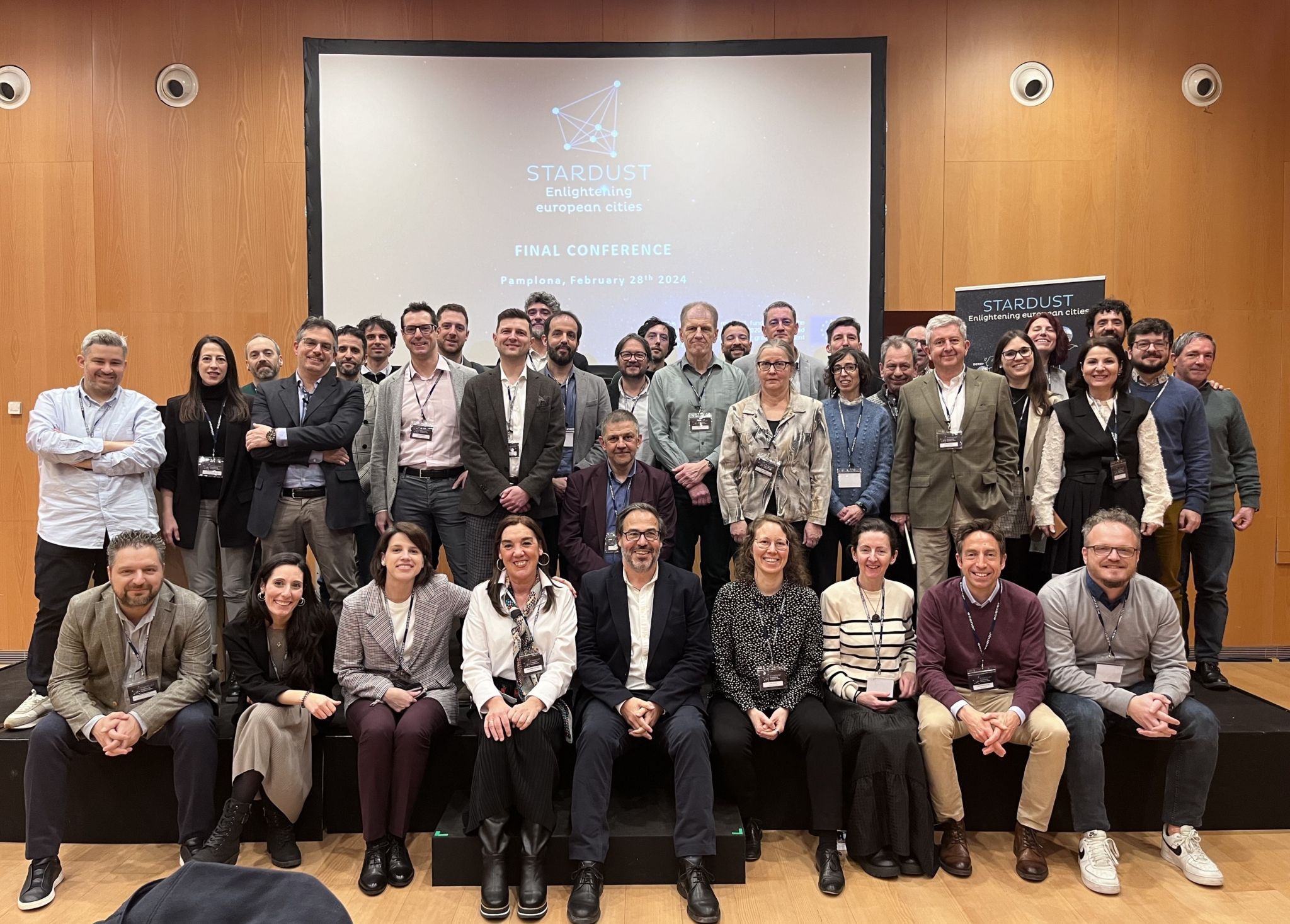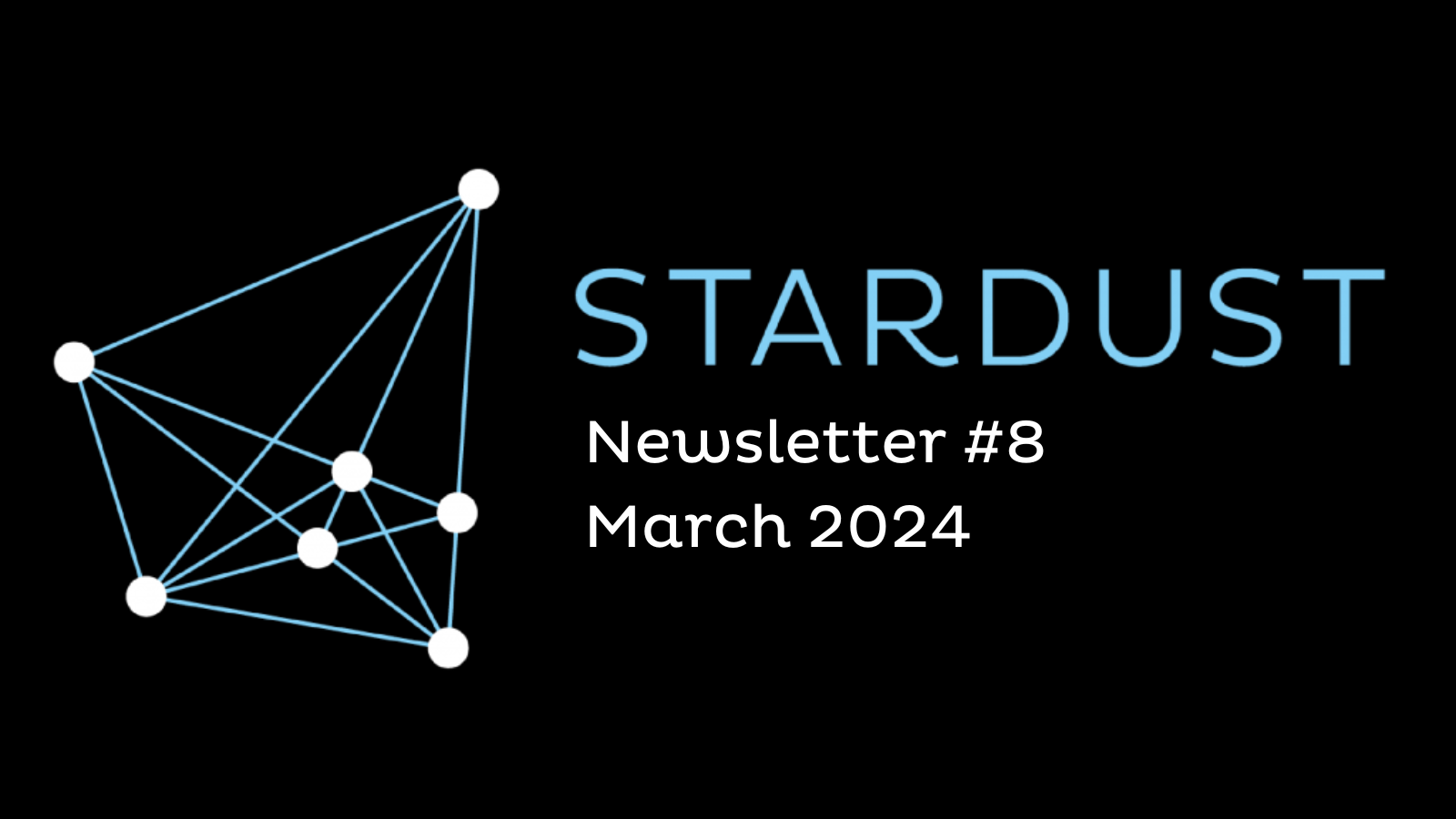At the sunny island of Madeira, VTT Finland, partner of the EU-funded project STARDUST, co-chaired a workshop at the 9th International Conference on Intelligent Systems entitled, “Smart Cities and Smart Buildings” and held on September 26 2018. Francesco Reda, a Senior Research Scientist of VTT, presented the successful concept of innovation islands, on which STARDUST is built upon, as a means of packaging overarching technical and non-technical interventions and main players that enable the D&D (development and deployment) of each demo activity. The conference was supported by the Technology and Engineering Management Society of the Institute of Electrical and Electronic Engineers (IEEE).
Francesco Reda also introduced the complex framework of Smart city projects by emphasizing how bundles of city demo activities are intrinsically different from one another on one or more aspects (such as mobility, buildings, energy infrastructure, data platform, citizen engagement, business models and replication, and financing mechanism).
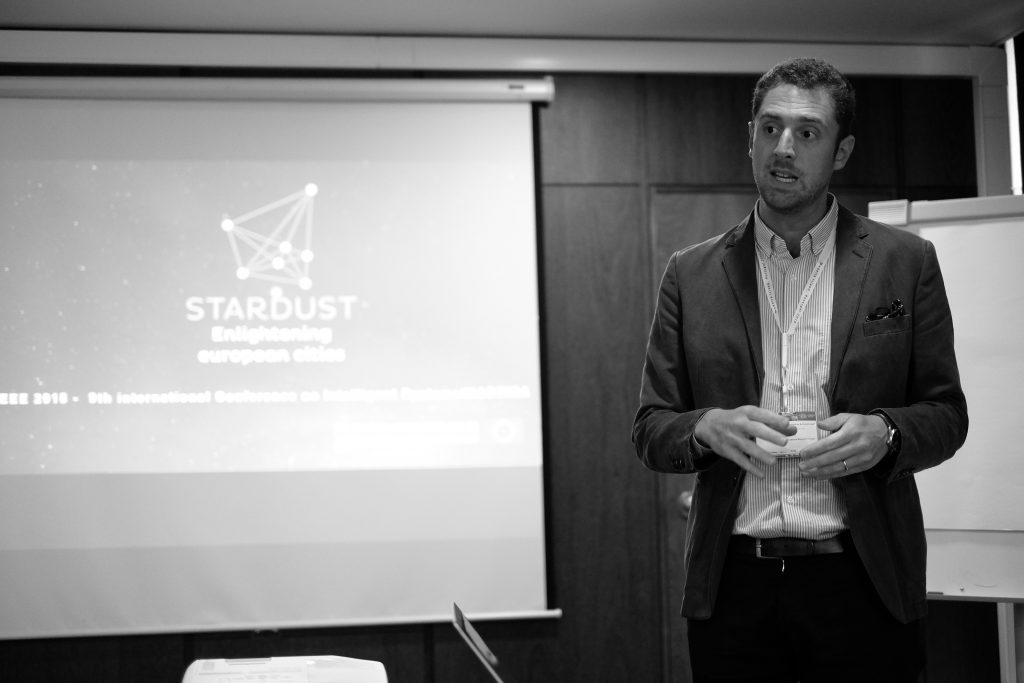
Joined together with Esa Nykänen from mySMARTLife and other representatives from European Lighthouse Smart Cities projects, they sought out the participants’ experiences and lessons learned – both drivers and barriers – in the context of Smart Cities and Buildings
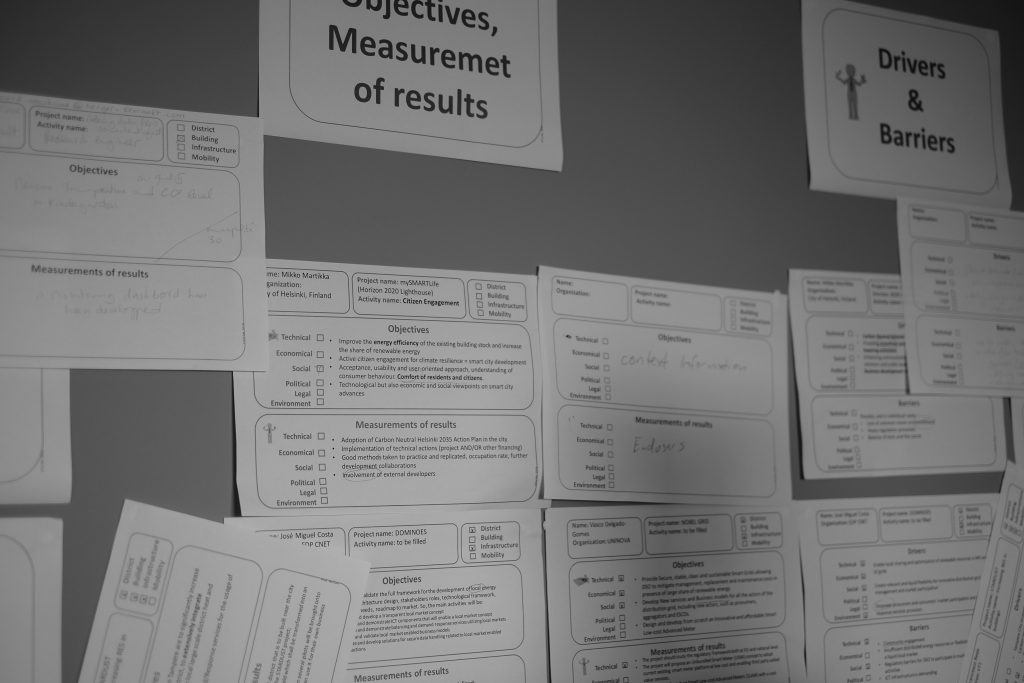
The discussion drew its attention on fundamental prerequisites and needs for setting up and executing a Smart city projects. Among these the most relevant ones are: careful planning, setting appealing citizen engaging strategies, having a strong political support and using lab-tested technologies. Finally all the participants emphasized that EU funded projects establish a positive engagement of developers, start-ups and SMEs as well as large corporates with a global reach, supporting the penetration of new services and technologies to the EU market. Finally, joining forces help keep Europe at the forefront of technological innovation and hence maintain its leading position in the global market.
Results of the workshop are compiled in a report that can be accessed here.
